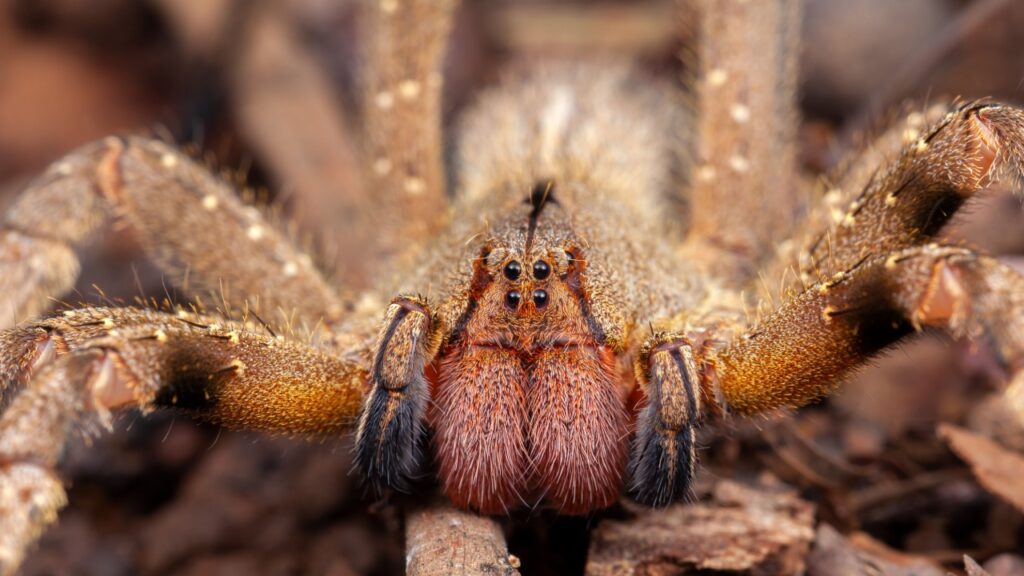The Brazilian wandering spider, often called the banana spider, is a creature of nightmares. Its venom is a cocktail of potent neurotoxins that can cause intense pain, paralysis, and even death. But there’s more to this spider’s venom than meets the eye, and some of its effects are downright bizarre.
It’s One of the Most Venomous Spiders in the World
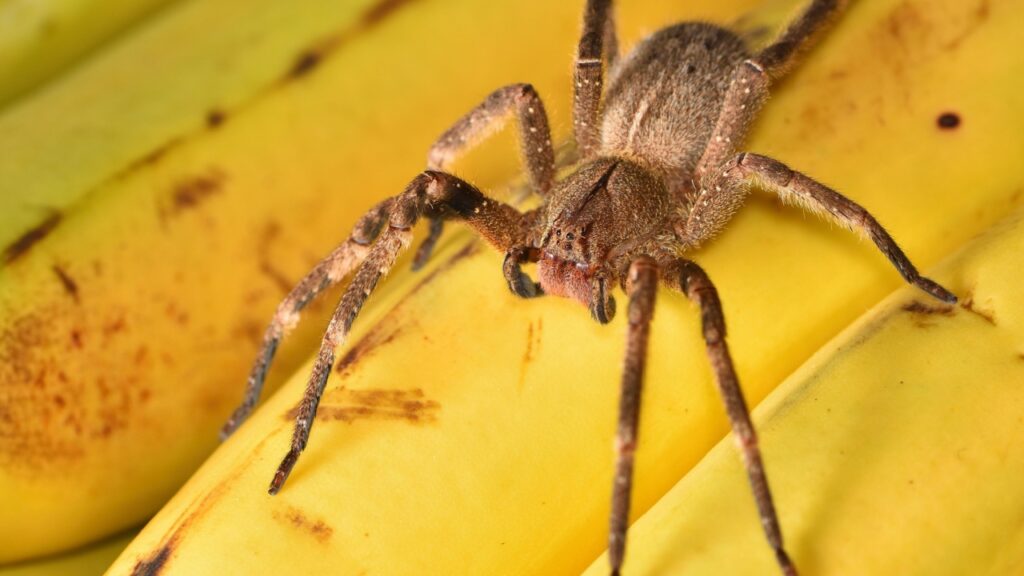
The Brazilian wandering spider packs a powerful punch. Its venom is among the most potent of any spider species, capable of killing a human in severe cases. Just a tiny amount can cause serious symptoms. This potency has earned it a spot on many lists of the world’s most dangerous spiders.
The Venom Causes Intense, Burning Pain
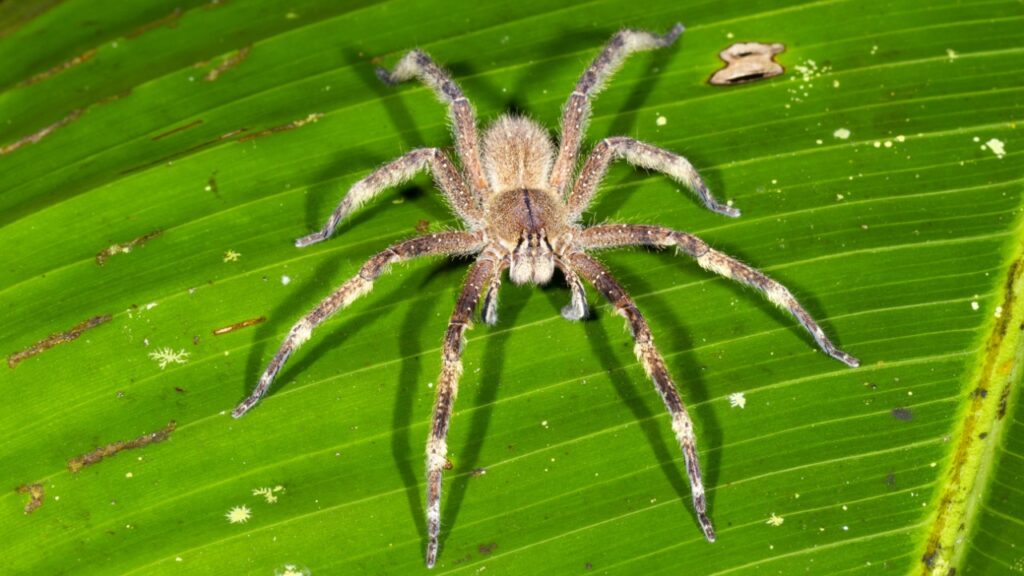
When this spider bites, the pain is immediate and intense. Victims describe it as a burning sensation that spreads from the bite site. The pain can last for hours or even days. It’s so severe that some people have compared it to being burned by a hot iron.
It Can Cause Difficulty Breathing

One of the scariest effects of the venom is its impact on breathing. The neurotoxins can cause the muscles involved in breathing to contract. This can lead to difficulty breathing or even respiratory failure in severe cases. Quick medical attention is crucial to prevent these life-threatening complications.
The Venom Can Induce Priapism in Men
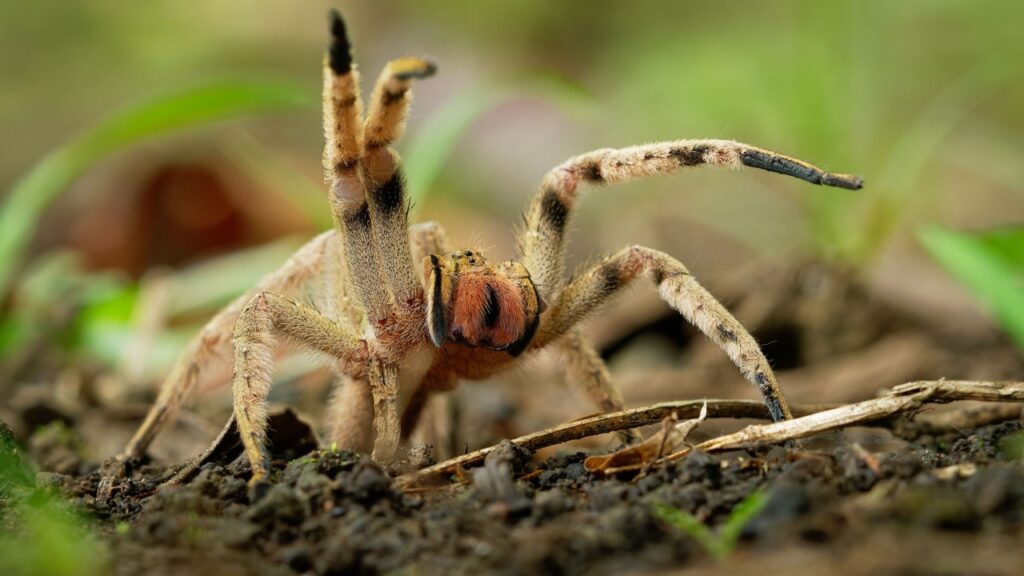
In a bizarre twist, the venom can cause priapism in male victims. This is a painful, long-lasting erection that isn’t related to sexual stimulation. It can last for hours and may require medical intervention to resolve. This unusual effect has led scientists to study the venom for potential treatments for erectile dysfunction.
It Affects the Nervous System
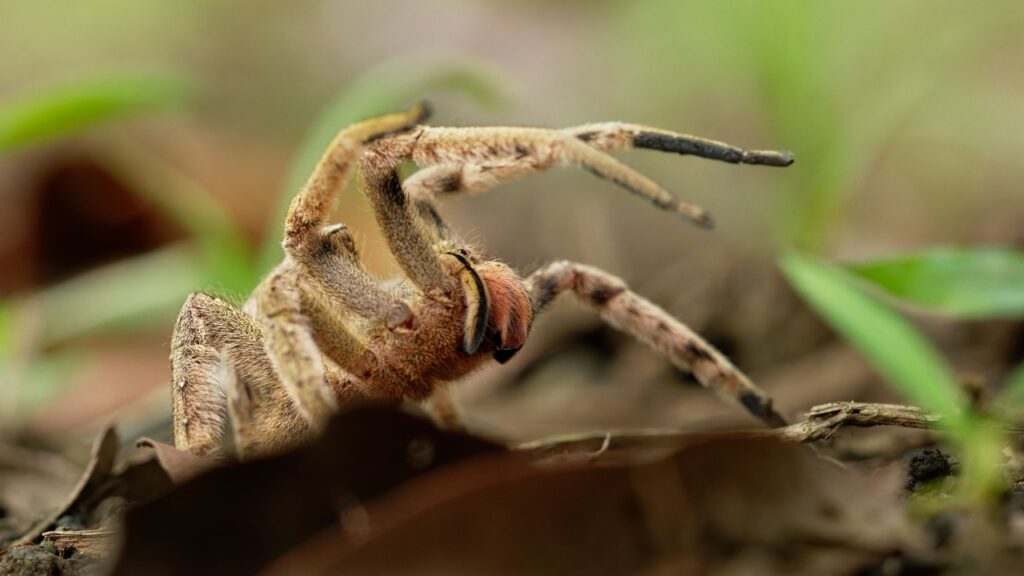
The venom targets the nervous system, interfering with nerve signals. This can lead to a range of symptoms, from muscle spasms to paralysis. The neurotoxins in the venom work by blocking certain ion channels in nerve cells. This disrupts the normal functioning of the nervous system, leading to the various symptoms.
The Venom Can Cause Hypothermia
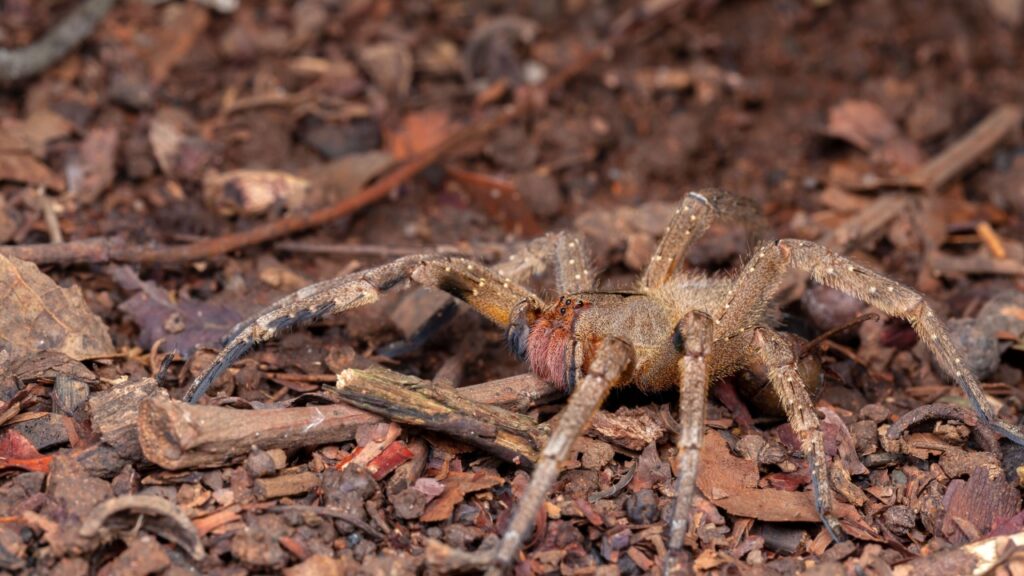
In some cases, the venom can cause a dangerous drop in body temperature. This hypothermia can be life-threatening if not treated quickly. The exact mechanism isn’t fully understood, but it’s thought to be related to the venom’s effects on the nervous system and blood circulation.
It Contains a Cocktail of Different Toxins
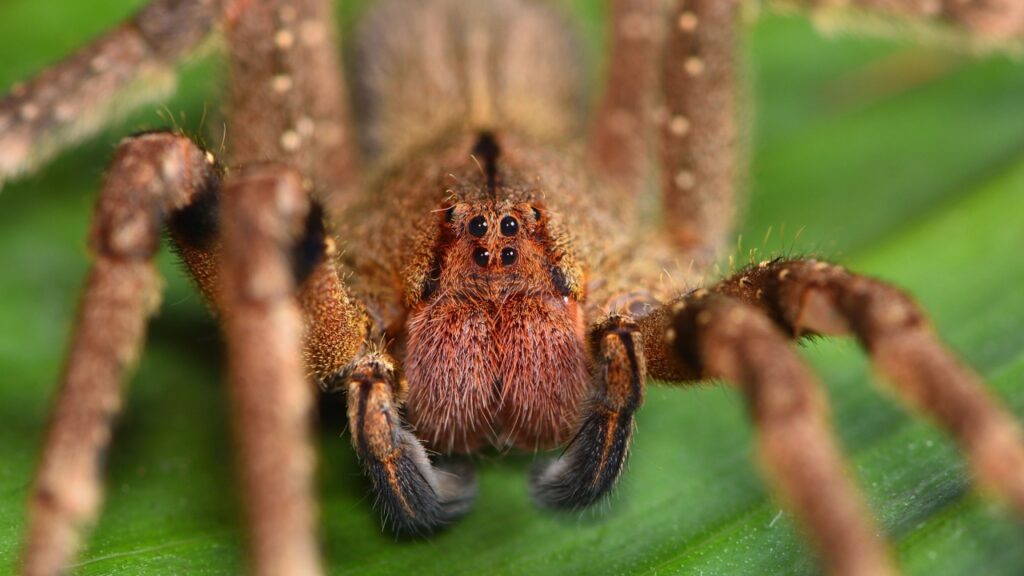
The venom isn’t just one toxin, but a complex mixture of different compounds. These include neurotoxins, peptides, and enzymes. Each of these components contributes to the venom’s overall effects. Scientists are still studying the venom to fully understand all its components and their functions.
The Venom Can Cause Convulsions
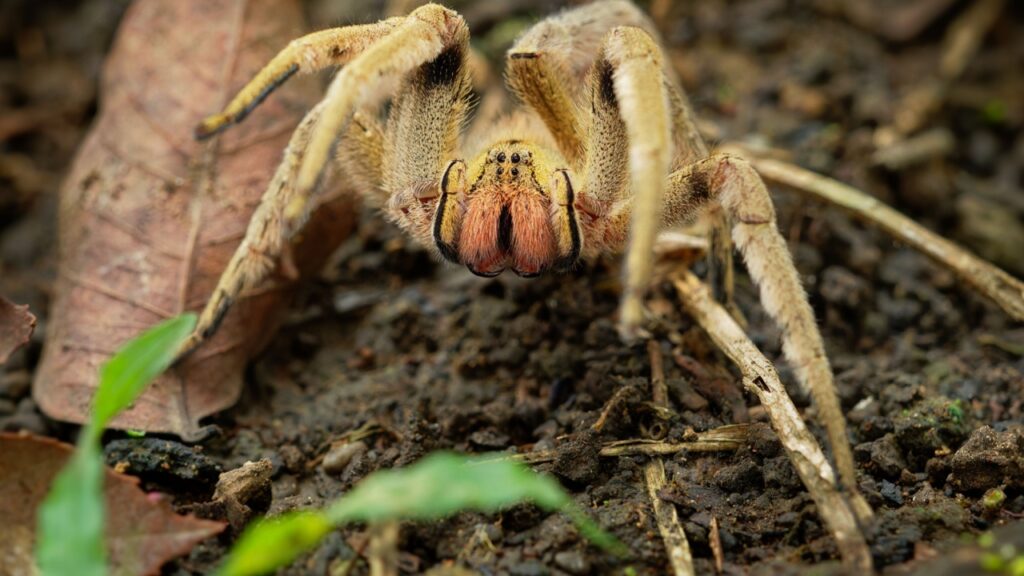
In severe cases, the spider’s bite can lead to convulsions or seizures. These are caused by the venom’s effects on the brain and nervous system. The convulsions can be dangerous, potentially leading to injury or complicating treatment.
It’s Being Studied for Medical Applications
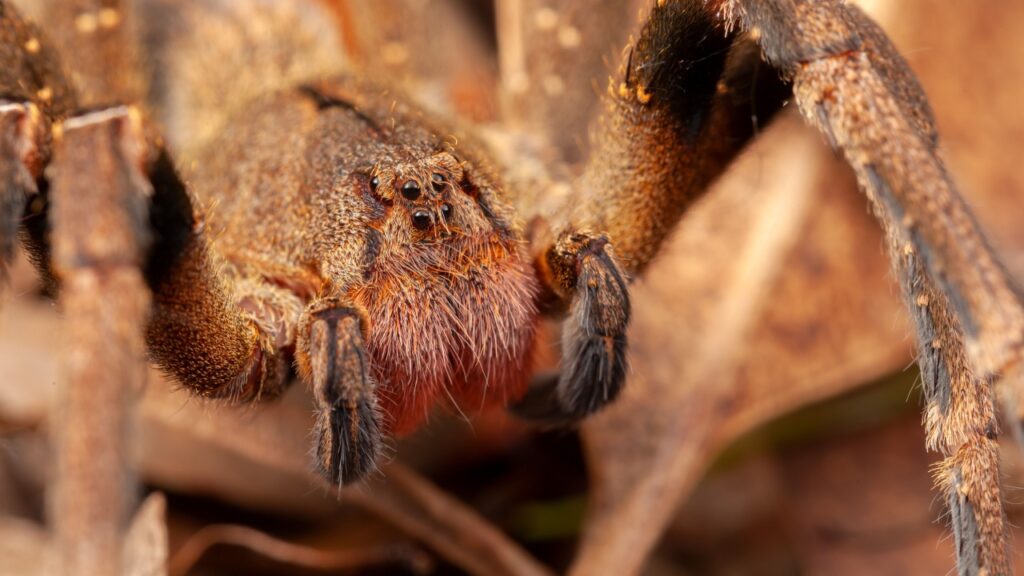
Despite its deadly nature, the venom holds promise for medicine. Researchers are studying its components for potential treatments for various conditions. One area of interest is pain management, as some venom components might lead to new types of painkillers.
The Venom’s Effects Can Last for Days
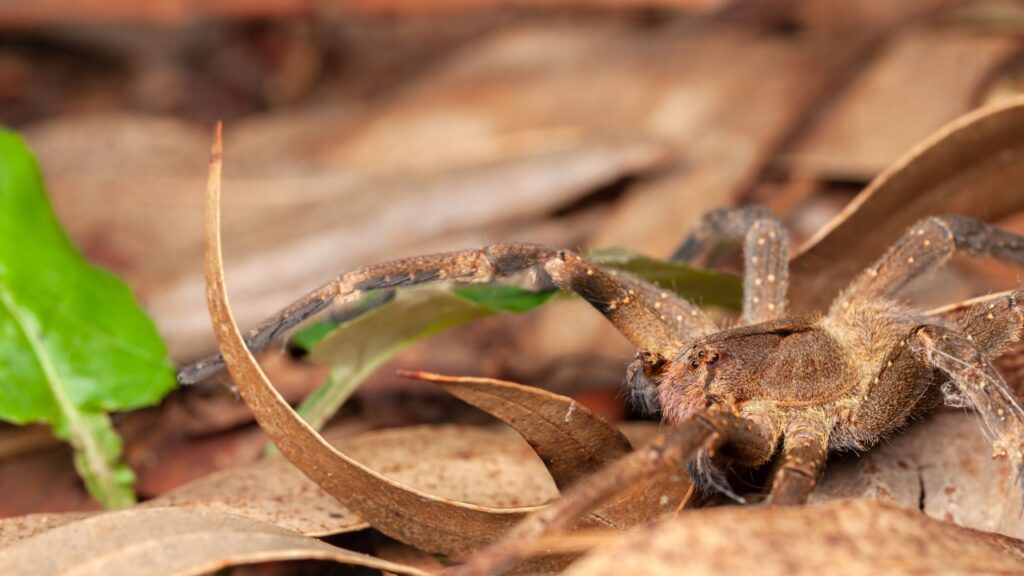
While some symptoms appear quickly after a bite, others can persist for days. Muscle pain, weakness, and other neurological symptoms may linger long after the initial bite. This prolonged effect adds to the danger of the spider’s venom.
It Can Cause Blurred Vision and Vertigo
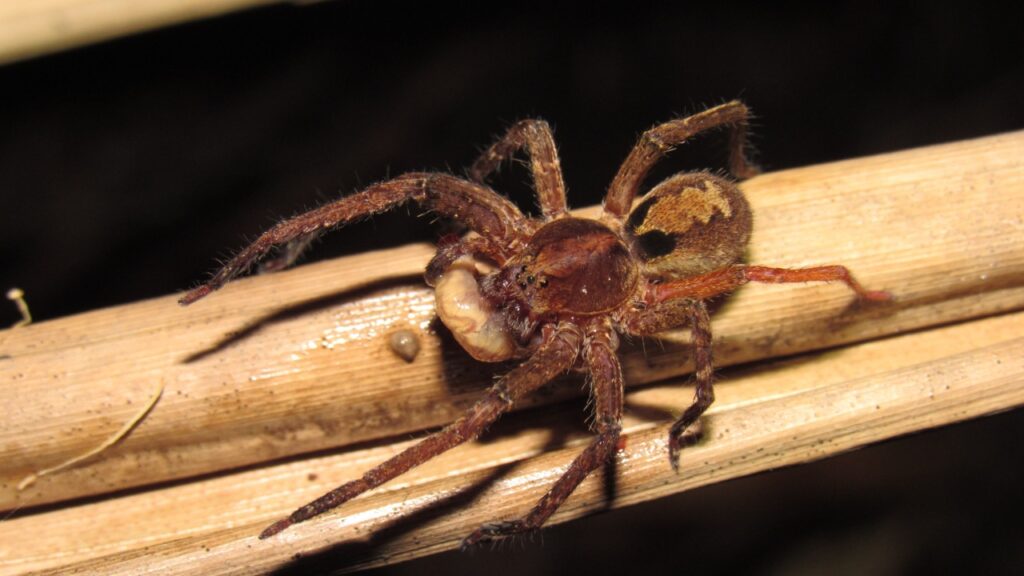
The neurotoxins in the venom can affect vision and balance. Victims may experience blurred vision, dizziness, and vertigo. These symptoms can be disorienting and potentially dangerous, especially if the person is trying to seek help after a bite.
The Venom’s Potency Varies Between Species
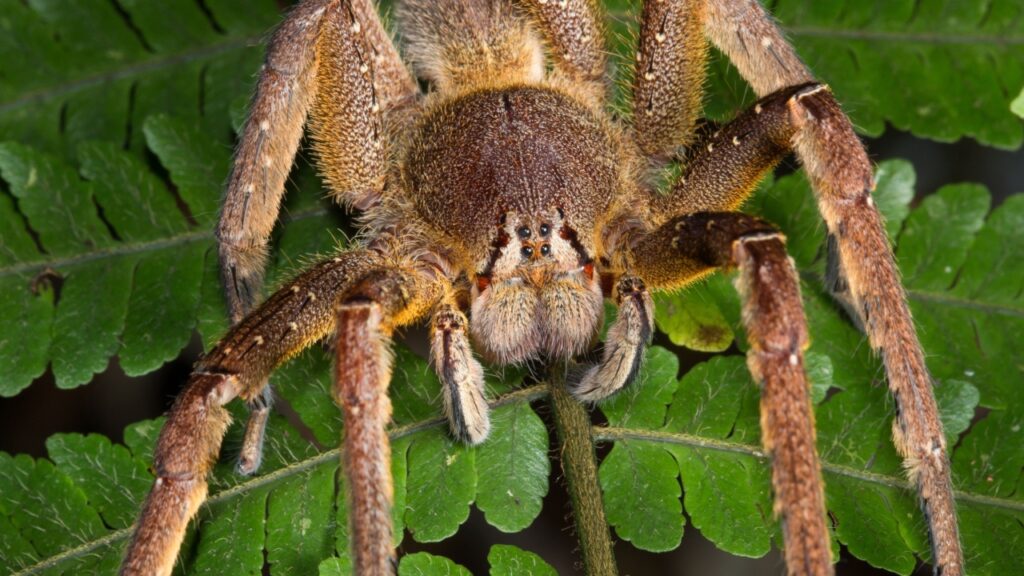
There are several species of Brazilian wandering spider, and their venom potency can vary. The Phoneutria nigriventer species is considered particularly dangerous. However, all species in this genus should be treated with extreme caution due to their potentially lethal venom.
Antivenom Exists, But Time Is Crucial
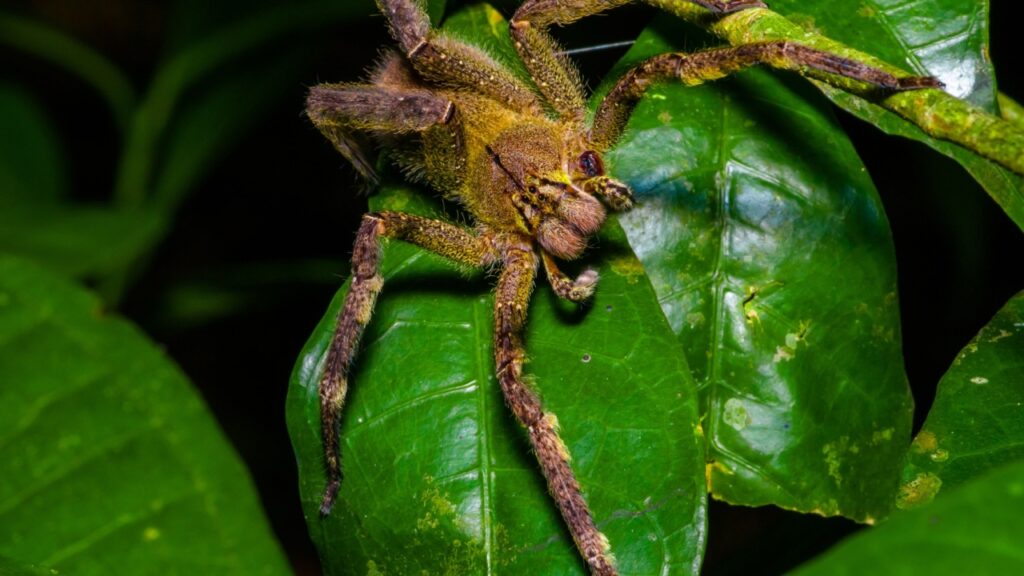
Fortunately, there is an antivenom available for Brazilian wandering spider bites. However, it needs to be administered quickly for the best results. The sooner a victim receives treatment, the better their chances of avoiding severe complications or death.
Becky is a fervent wildlife enthusiast and pet care expert with a diploma in canine nutrition. Her love for animals stretches beyond the domestic, embracing the wild tapestry of global fauna. With over a decade of experience in animal welfare, Becky lends her expertise to OutlandishOwl through insightful articles, captivating wildlife information, and invaluable guidance on pet nutrition. Her work embodies a deep commitment to understanding the intricate lives of animals and a passion for educating others on sustaining natural habitats. Becky's hands-on conservation efforts and her knack for translating complex dietary science into practical pet feeding tips make her an indispensable voice for creatures great and small.

